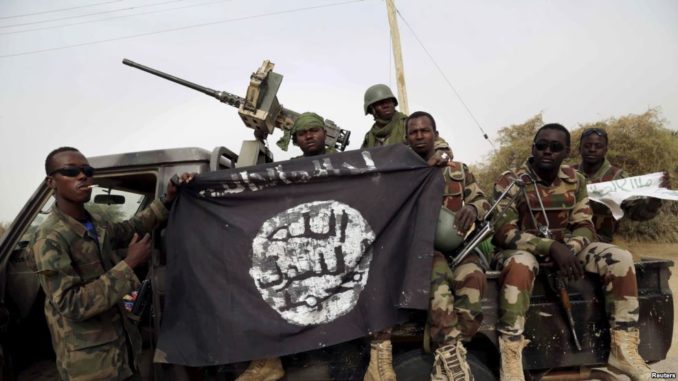
By Anastasia Moloney
SALVADOR, BRAZIL, Sept 9 (Thomson Reuters Foundation) – A rmed extremist and fundamentalist groups worldwide are increasingly eroding women’s rights and undermining gains made in gender equality in recent years, the head of U.N. Women said on Friday.
Militant groups from Boko Haram in Nigeria to the Islamic State in Iraq and Syria target women in their attacks on human rights, Phumzile Mlambo-Ngcuka, the head of the United Nations’ women’s advocacy agency, told the Thomson Reuters Foundation in an interview.
“Fundamentalists have an issue with women. They are most cruel against women,” she said. “Fundamentalism is a major burden for women, and it takes away the security of women more than anything else.”
Speaking at a meeting of the Association for Women’s Rights in Development (AWID), she said extremists have intensified their attacks on groups around the world that campaign for gender equality and defend human rights.
“The space for democratic movements and democratic values in general is shrinking and, within that, space for gender equality is also shrinking,” Mlambo-Ngcuka said.
She cited the example of the Yazidi people of northern Iraq where women and girls have been brutalized at the hands of the Islamic State. The jihadist group has targeted women with particular cruelty including rape and sex slavery, she said.
She also cited the case of women and girls at the hands of Boko Haram, which has waged an insurgency to carve out an Islamic state in northeast Nigeria that has killed some 15,000 people and displaced more than two million others.
In the group’s most high-profile attack of April 2014, Boko Haram kidnapped 276 girls from a secondary school in Chibok in northeast Borno state.
About 50 girls escaped in the initial melee, but 219 were taken captive.
Rights groups say armed religious extremist groups worldwide pose a huge threat to women by promoting child marriage, keeping girls out of school and female genital mutilation, practices that humanitarians and others have been battling in recent years.
“The violence against women is one of the biggest challenges that women face everywhere in the world. The type of violence man differ, but the impact on women is the same,” Mlambo-Ngcuka said.
(Reporting by Anastasia Moloney, Editing by Ellen Wulfhorst (Please credit the Thomson Reuters Foundation, the charitable arm of Thomson Reuters, that covers humanitarian news, women’s rights, trafficking, land rights and climate change. Visit news.trust.org))











